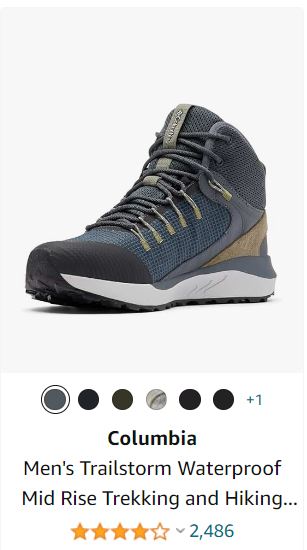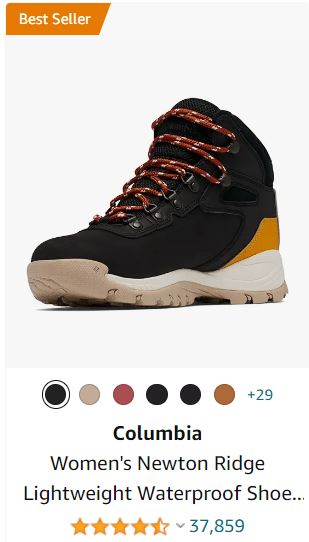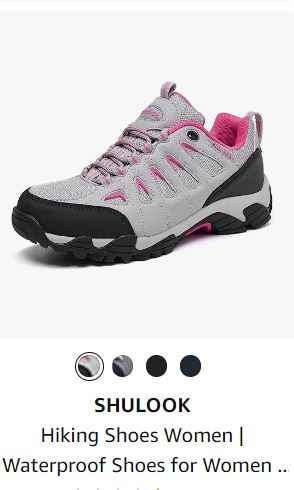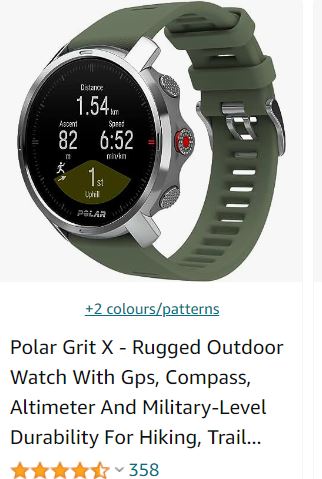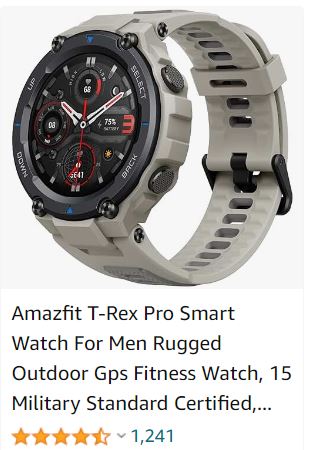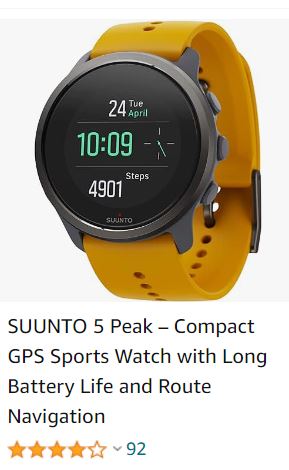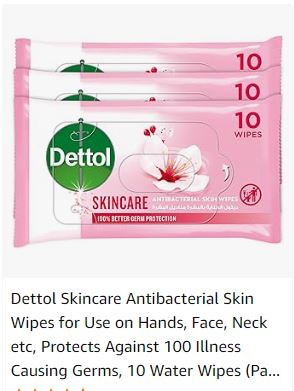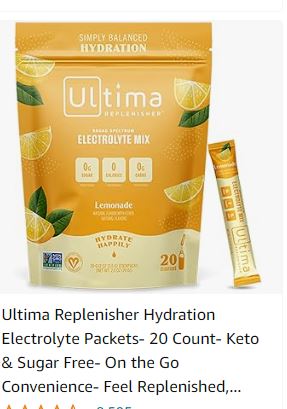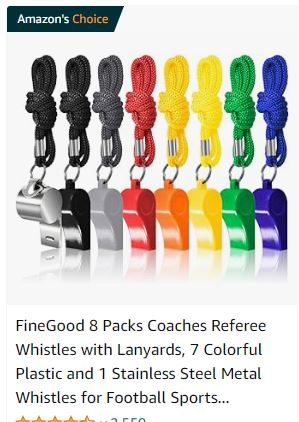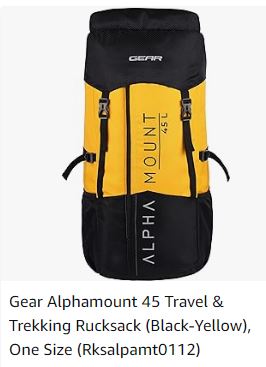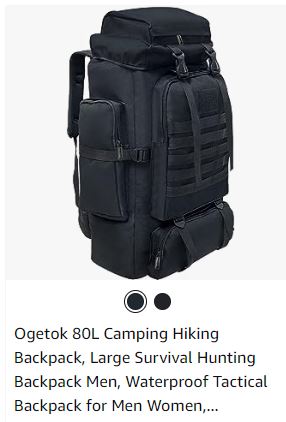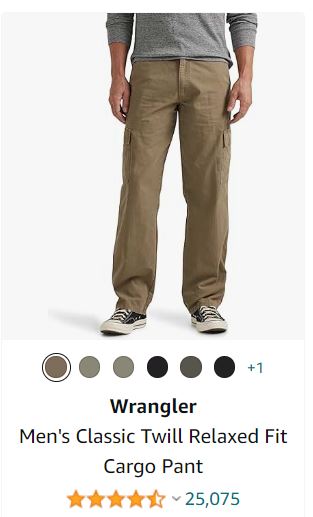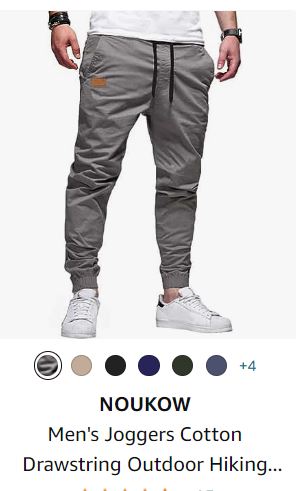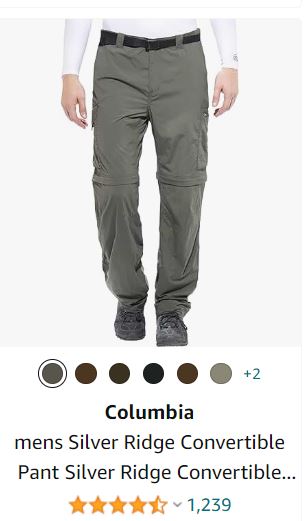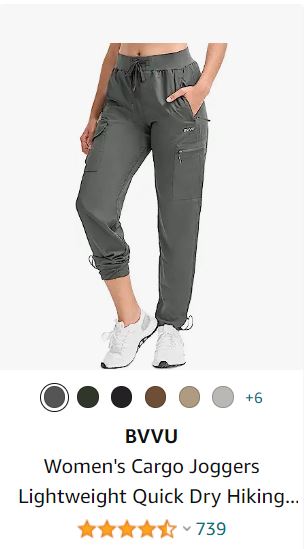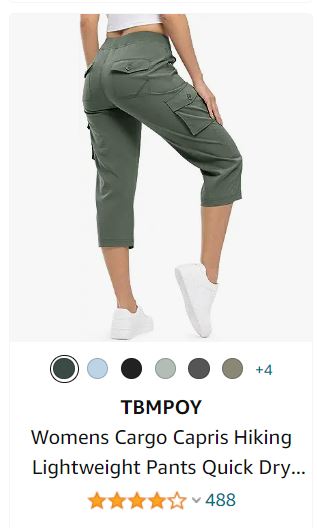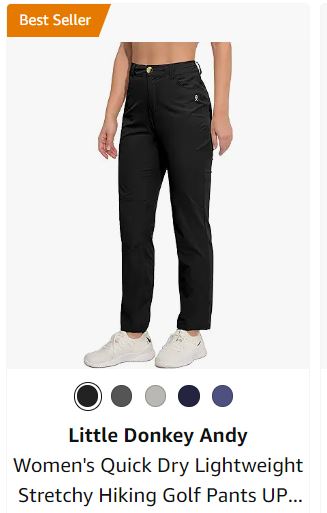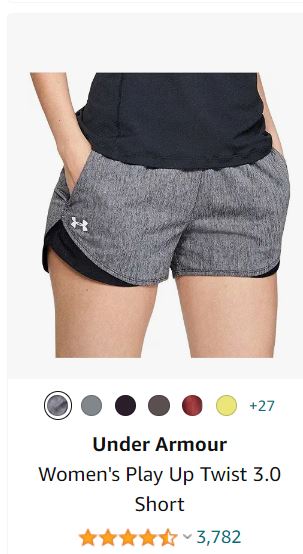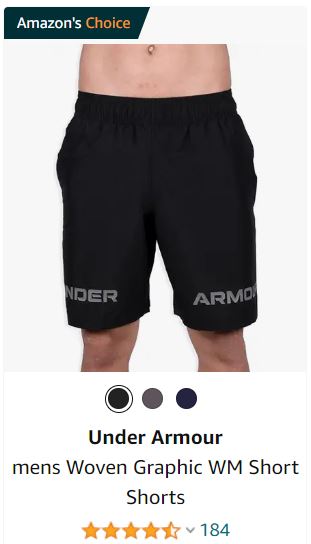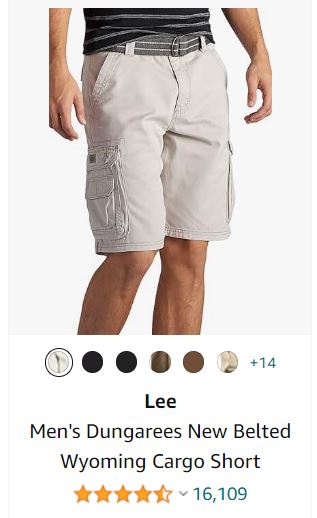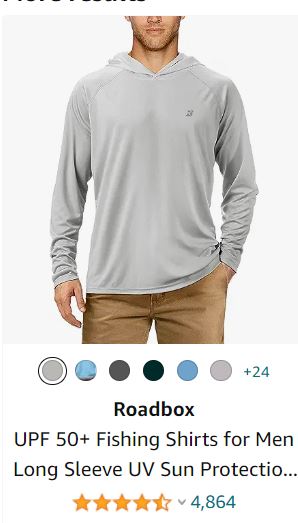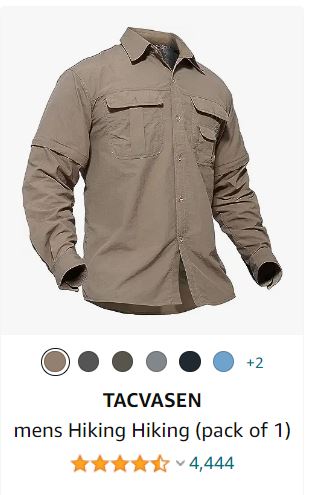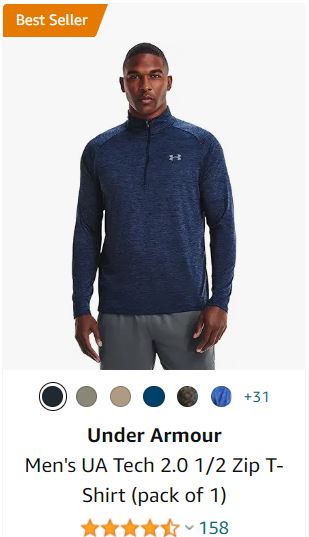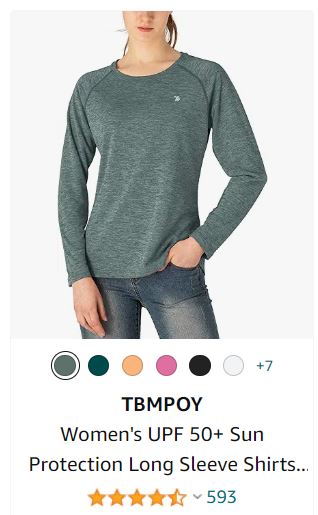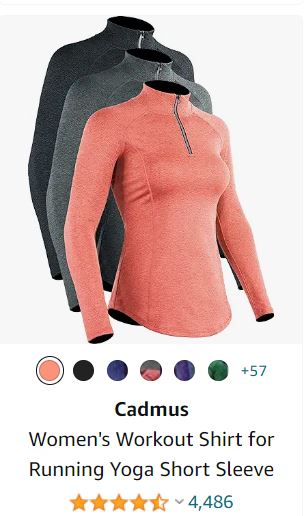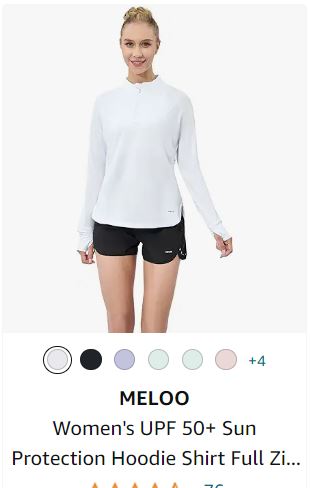Our personal check list is stuck against the inner side of our wardrobe door.
When we suddenly feel the urge to go hiking the next early morning, we never have to look for the check list.
Very handy!
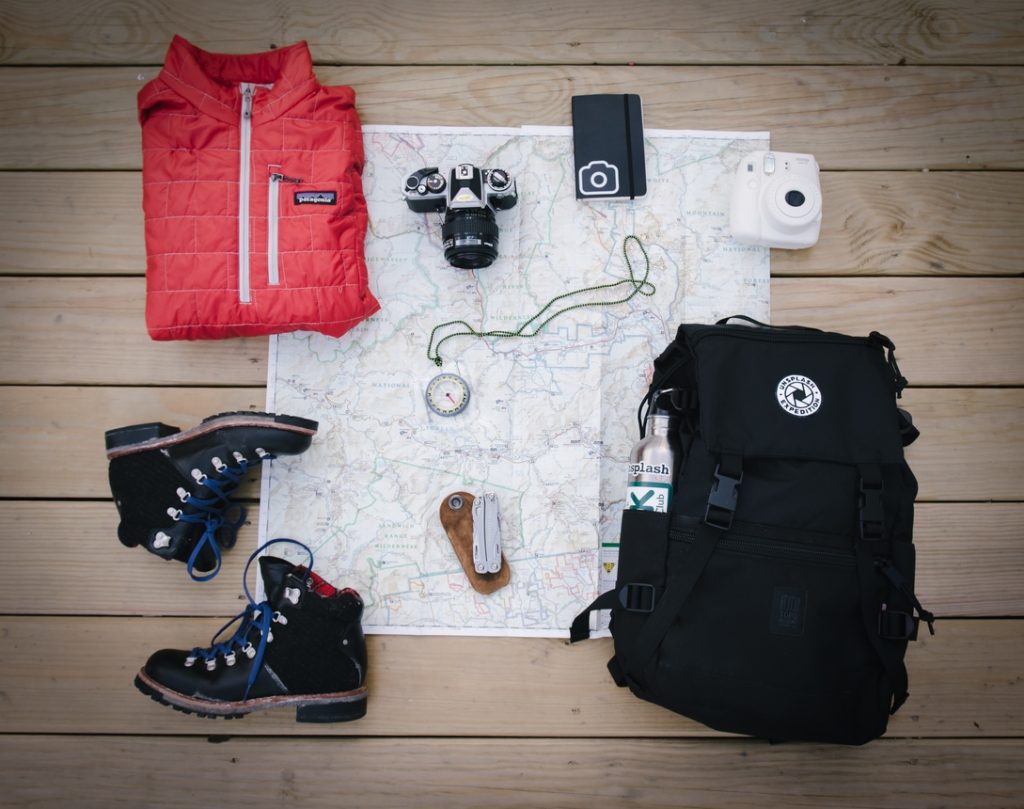
Photo by Alice Donovan Rouse on Unsplash
Essential Hiking Equipments and Gears.
All the items on our Check List:
1. Drinking water:
A good backpack is one of the first essentials. You can also consider a Camel-bag which you can use for both water supply and all your other items. The most essential thing you need to have in your hiking bag is water. 2 to 3 liters per person is mandatory for each hike in UAE. It is desert and don’t expect water sources anywhere on the trails except few. Three liters of water is a good rule of thumb for a “normal” day. In a day with lots of physical effort, you obviously need more. It all depends of the length of your hike, your level of fitness and the weather.
And one last advice: try to drink as much water as possible before you hit the trail. Your body will be grateful. You will also have a fresh supply of water waiting for you when you return to the vehicle.
Instead of carrying water in plastic bottle you might want to invest in a small camel-packs. Its saves spaces are easy to carry. This one camel-pack can be used for a wide range of other outdoor activities like running, jogging, cycling etc. These are the some of the recommended models you can buy.
If you have a backpack already, then you might need only the platypus zip bag with mouth hose. The last one in the list.
2. Footwear – Hiking Shoes :
For hiking in the UAE Hajar Mountains, only good, sturdy but flexible hiking boots can be recommended. Forget sandals or shoes.
This is why: the mountain slopes are stoney and real hiking trails are rather scarce. The terrain is harsh and irregular. Treacherous are the parts downhill when there is loose gravel.
Have a look at the best value hiking boots, if you don’t have any. Make sure you have the right size.
A few recommendations when buying hiking boots:
- Pick boots with ankle support.
- The part above the sole protects your feet and should repel water; it should also allow perspiration to breathe out.
- You may be well off with less expensive, light boots, fit for your hiking style
- The padding on the inside should give adequate comfort.
- Boots should feel snug all over, not tight. There should be no point of pressure.
- Make sure you buy boots which are slightly bigger than your normal size because you need to wear the indispensable socks: while standing, push your foot forward until your toes reach the toe of the boot. There should be just enough room for you to slip your index finger between your heel and the back of the boot. Check both feet.
- Go for thick socks. They make all the difference: they will prevent blisters and give great comfort.
And a few tips for care:
- When you have decided to buy your boots, make sure you break them in before you go out for your first long hike.
- Store your boots in a dry, ventilated place; put crumpled up newspapers inside to absorb moisture.
- Wear them regularly.
- Never dry your boots by a source of heat e.g. an open fire: it will destroy glue, stitches, leather…
- Clean them properly after a trip.
3. GPS/MAP
Good map and GPS are indispensable elements in your pack. No matter how many times you have hiked a particular route, there is always a risk of getting lost due to sudden change of weather, a closed trail, emergencies etc.
Not everyone in the group should have a GPS. But it is highly recommended to have at least one GPS with anyone of the member in the group.
We know these GS devices are highly expensive. Here we have a work a around solution also. You can use your old android phone or iphone as a GPS device by downloading and installing any offline maps in it. There won’t be any data coverage in the mountains of UAE. So the map must be downloaded and available in offline as well.
Her is the link on google – how to use google maps on offline
You can also use other 3rd party map application from Apple apps store and google play store as well. Some of the option are –
- Sygic GPS Navigation and Offline Maps.
- smAnd.
- MAPS.ME. MAPS.ME is a complete free GPS app. .
- MapFactor GPS Navigation Maps.
- HERE WeGo.
- CoPilot GPS.
- Genius Maps.
Battery Saving tips for GPS Devices.
You don’t have to continuously keep your GPS device on tracking mode always. Use your GPS device once in a while between 2 or 3 kilometers to have a check on the track. Using a GPS continuously will drain its battery very fast. Use the device to mark you way points for return trip and set visual cues and targets for next way-point. That’s how you can improve your navigation skill through different terrains. Once you identify your exact location, plan the route and follow the terrain or trail. Keep an eye on GPS periodically to see any deviation and correct the direction occasionally.
We would like to recommend to carry a battery pack just in case of any emergency. I case of any emergency, instead of walking all the way back, use the nearest peak or highest point to get cell phone signal.
4. Power Food & Snacks
Bring something to eat and not just any food but “Power Food”. Go for compact foods with high energy: dried fruits, energy bars, crackers, jerky, nuts… Eat regularly and don`t wait until you have lost almost all your strength.
5. Lighting equipment.
Flashlight, lighter or matches are indispensable in case you get lost and you need to spend the night in the open. You might want to invest in a small flash light or a head-lamp if you are planning to hike regularly.
6. Knife
A Knife comes handy in almost every situation. Now there are multi tool knifes available in the market like swiss army knife. They are very useful in some situations. We recommend to carry a good small knife in the bag.
It is better to have those folding knifes or it may end up damaging your stuffs in the bag. Once used the knife can be folded and is very safe.
7. First aid kit – portable & ORS Tablets
This is one of the important item you need to carry in your backpack always in a hike. Probably you might not use it at all. But we cannot predict accidents. Keep a minimum supplies with you. If possible carry some extra. You can buy these ready made from you local department store or you can build on on your own.
A basic first aid kit must contains these.
A basic first aid kit may contain:
- plasters in a variety of different sizes and shapes
- small, medium and large sterile gauze dressings
- at least 2 sterile eye dressings
- triangular bandages
- rolled bandages
- safety pins
- disposable sterile gloves
- tweezers
- scissors
- alcohol-free cleansing wipes
- sticky tape
- thermometer (preferably digital)
- skin rash cream, such as hydrocortisone or calendula
- cream or spray to relieve insect bites and stings
- antiseptic cream
- painkillers such as paracetamol (or infant paracetamol for children), aspirin (not to be given to children under 16), or ibuprofen
- cough medicine
- antihistamine cream or tablets
- distilled water for cleaning wounds
- eye wash and eye bath
You can save you time buying directly from amazon also. They are much cheaper.
8. Cap, Sunscreen & Sunglasses
Weather in Middle is sunny always. If you have a sensitive skin, you surely will need to use sun screen protection like sunscreen lotions. You can have a cowboy hat, cap, sunglasses, bandana, towel also. Few of these items are listed here. There is no need to go with specific brand except the choice of sunscreen lotion.
These are some additional things you might want to consider hiking in middle eastern mountains. A good sunhat which is foldable and flexible enough to carry in your backpack.
A bandanna or shemag is also an essential gear in the wilderness of UAE deserts and mountains. Fine dust is always a there along with the strong winds. It will be very helpful to cover you from strong hot or cold winds as well.
Its better not to take you expensive rayban and gucci glasses to outdoors. If it fell down though the cracks and holes of the rock, you might never get it back. It is always recommended to have a cheap plastic sun glasses that is specially made for outdoors. Non breakable and plastic.
A whistle and an outdoor lighter is always a good thing to carry with you. To scare away wild animals and get attention from people from long distance during any emergency, a whistle will come handy in every situation. While choosing the lighter, try to get the one which is capable of working in a windy wetly situations. Forget the normal cigarette lighter. Get a better one.
9. A Back-pack
There are wide range of back-packs available in market. For hiking you don’t need anything fancy. You need something rugged and can handle a lot of abuse and rough terrains.
Here is our recommended models, if you don’t have one. The last two items are water proof bags just in case if you into water sports and activities. You can use it for both purpose. Please make sure you have at least a 40 Litre capacity bag and which is very durable.
10. Comfortable outdoor clothings.
When hiking in the desert, it’s important to wear clothing that provides protection from the sun, keeps you cool, and offers some defense against the elements. Here are some recommendations for desert hiking attire:
- Lightweight, Long-Sleeved Shirt: A long-sleeved shirt can protect your arms from the harsh sun and also help regulate your body temperature. Choose a lightweight, breathable fabric to stay cool.
- Lightweight Pants: Opt for lightweight, breathable pants that cover your legs to protect them from the sun, abrasive plants, and insects. Some hikers prefer convertible pants with zip-off legs for versatility.
list of essential items
- Hiking shoe
- Drinking water
- sunscreen
- cap / hat
- toilet paper
- sunglasses
- plastic bags
- garbage bags
- knife
- pen
- notebook
- power food
- lip balm
- camera
- cell phone
- GPS
- spare batteries
- reading glasses
- money
- passport or ID copy
- binoculars
- sweets
- panadol
- flashlight
- lighter
- maps
- prints
- field bag
- small spade
- raincoat
- sweater
- first aid kit
- stick
- bandana or shemag
- wet towel
- whistle
- cord
![]()












